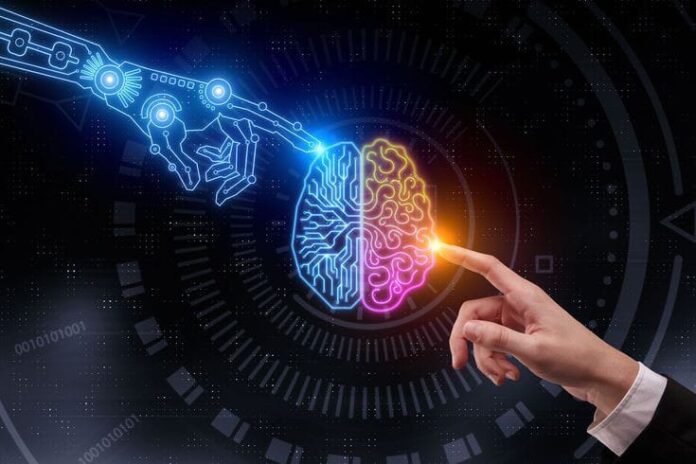Artificial intelligence (AI) has quickly transformed from a futuristic idea to a powerful force that is reshaping how people live, work, and interact with technology. Its development from its conception to the present, as well as the promising future prospects, are examples of human ingenuity and innovation.
Past: The Birth of AI
The seeds of AI were sown in the mid-20th century, with pioneers like Alan Turing and his work on the Turing Test, which sought to determine a machine’s ability to exhibit intelligent behavior indistinguishable from that of a human. However, the true birth of AI is often attributed to the Dartmouth Workshop in 1956, where the term “artificial intelligence” was coined, and researchers envisioned computers that could mimic human thinking.
During the initial years, AI research was characterized by optimism and ambitious goals. The development of expert systems, which used predefined rules to solve complex problems, marked a significant step forward. However, limitations in computational power and the complexity of human cognition hindered progress, leading to a period known as the “AI winter” in the 1970s and 1980s, where funding and interest in AI research waned.
Present: The AI Renaissance
The rebirth of AI in the twenty-first century can be linked to the confluence of a number of elements, including improvements in technology, accessibility to enormous amounts of data, and advances in machine learning techniques. Support vector machines and neural networks are two prominent techniques in the field of machine learning, a subset of artificial intelligence. But deep learning, a kind of neural network design, was responsible for igniting the AI Renaissance by its outstanding performance in speech and picture recognition tasks.
AI has now become a part of our everyday life. Natural language processing is used by virtual assistants like Siri and Alexa to comprehend and carry out our orders. On streaming services, recommender algorithms make content recommendations based on our preferences. AI in healthcare assists in accurately diagnosing disorders from medical pictures. AI-powered self-driving cars are poised to transform the way we travel.
Future: The Horizon of Possibilities
The potential of AI’s future is both mind-blowing and thought-provoking. AI’s incorporation into sectors including finance, manufacturing, and education will deepen as it becomes more advanced. Automation will change how work is done, with AI taking away repetitive jobs and people concentrating on original thinking and problem-solving.
The development and use of AI will heavily depend on ethical considerations. To avoid biases and unforeseen consequences, AI systems must be transparent, equitable, and accountable. International cooperation and careful regulation will be needed to strike a balance between the possible rewards and risks.
AI’s role in scientific discovery is set to expand. It can sift through enormous datasets, accelerating the process of drug discovery, climate modeling, and material science. AI-driven simulations can help unravel complex phenomena, leading to breakthroughs in understanding the universe’s most enigmatic aspects.
“Artificial general intelligence” (AGI), where robots can carry out activities and reason across several areas, is predicted to evolve in the field of artificial intelligence (AI). AGI is similar to human cognitive capacities. The development of AGI is a difficult task that necessitates interdisciplinary work in computer science, psychology, and neuroscience.
Conclusion
It’s impossible to overstate how much artificial intelligence has advanced. From its inauspicious origins as an idea to its current skill at altering businesses, AI has traveled through phases of anticipation and skepticism. The current state of AI shows how it has the ability to improve human abilities and deal with some of the most important issues facing civilization.
As we stand on the threshold of the future, the possibilities of AI’s impact on our world are both exciting and uncertain. With responsible development, ethical considerations, and collaborative efforts, we can navigate the path ahead and ensure that AI continues to be a force for positive transformation, ushering in a new era of human-machine partnership.








